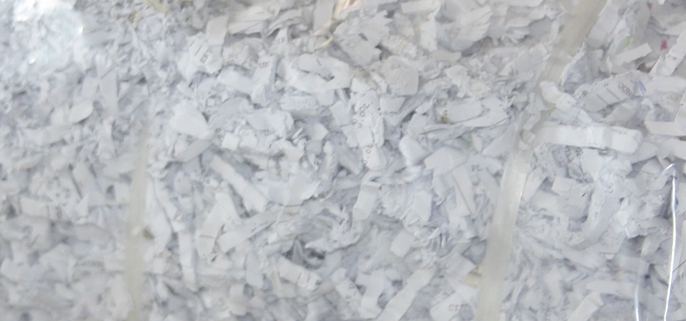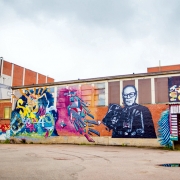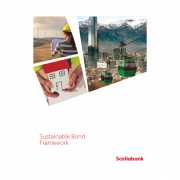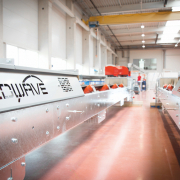Looking for Deinkable UV Ink
As most cross-linked inks create problems in the recycling process, new ideas are in demand. Therefore, the International Association of the Deinking Industry (INGEDE) and ink manufacturer hubergroup intend to start a research project.
According to INGEDE, other than traditional offset and gravure inks, most cross-linked inks are difficult to remove from the paper fibers in the deinking process. This applies to liquid toner as in HP’s Indigo ink, polymerized natural fatty acids in mineral-oil free inks or some dispersion varnishes form large particles, which for different reasons can lead to visible residues in the recycled paper – such as current UV-curable inks.
With especially low-energy curing UV inks (LE-UV, LED-UV) gaining more and more market share, the problems caused by a former niche product reach new dimensions. INGEDE and hubergroup have jointly identified the necessity for further development and enhancement of UV inks and the UV printing process. This is the reason why they announced that they intend to design a research project in order to identify influencing factors and possibilities for a sustained improvement of UV printing in terms of deinkability in the processing of paper for recycling or even to achieve full recyclability. The challenge is to achieve all this without compromising the printability, INGEDE informed.
The hubergroup is an international holding group comprising of 40 companies, spread across the globe. It has been a privately held company for 250 years, does research and development work, and is considered to be a market leader in offset and packaging inks. INGEDE is an association of leading European paper manufacturers. It aims at promoting utilization of recovered graphic paper (newsprint, magazines and office paper) and improving the conditions for an extended use of recovered paper for the production of new graphic paper, hygiene paper, and white top liner as well as folding boxboard.
Photo: O. Kürth
GR 12018









